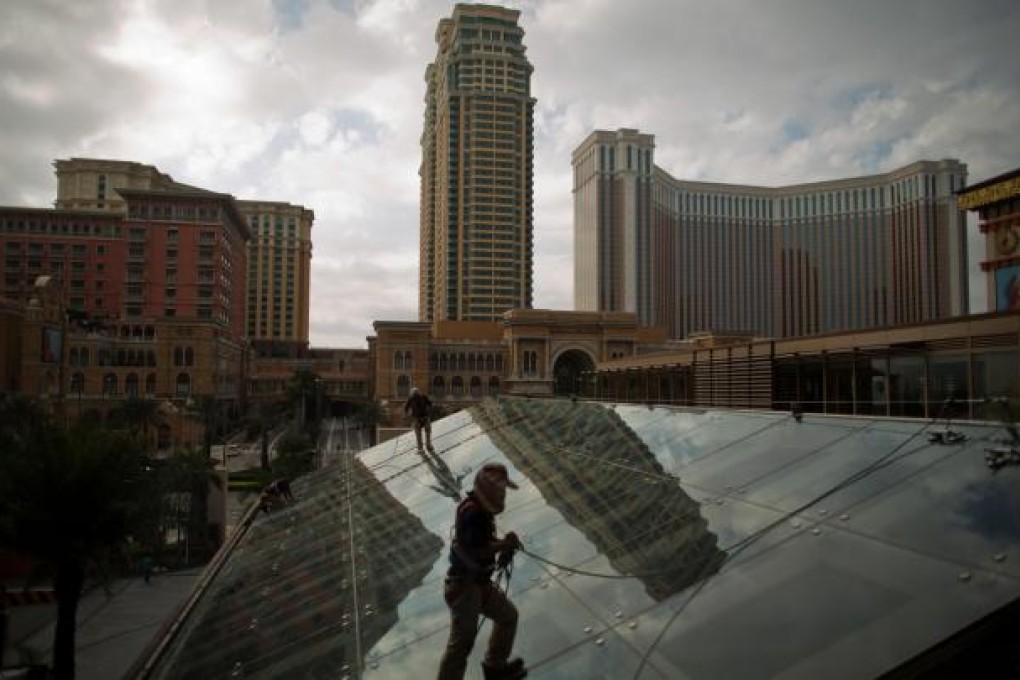Mogul back on stand to fight US$328m suit
Sheldon Adelson testifies for a third day in US against HK businessman's claims for a fee over the awarding of a Macau casino licence

Las Vegas Sands chairman Sheldon Adelson returned to the witness stand, saying if he didn't defend the lawsuit brought by a Hong Kong businessman, there would be a line around the block with people suing him.
Adelson, 79, testified for a third day in the Nevada state court trial over Richard Suen's claims that he's owed US$328 million for helping the company win a licence in 2002 to operate casinos in the former Portuguese colony. Adelson attributed the success of Sands in Macau to vision and expertise rather than to any of Suen's efforts.
"Zero," Adelson said in response to Las Vegas Sands lawyer Richard Sauber's question what contribution Suen made to Las Vegas Sands getting its licence to operate in Macau and its subsequent efforts to develop and build its casino resorts.
"Everybody thought I was crazy," Adelson said about his plans to build the Venetian Macau, now the biggest casino resort in the world, in what was at the time a swamp across from Macau's peninsula where, he said.
This is the second time Suen's claims have gone to trial. The Nevada Supreme Court in 2010 reversed a US$43.8 million jury award in favour of Suen and sent the case back for a new trial. Suen alleged he had an agreement that he and his associates would get US$5 million and 2 per cent of Sands' Macau net income if the company was awarded a licence.
Suen claimed that meetings he arranged between Adelson and Chinese officials, including the mayor of Beijing and the vice-premier responsible for Hong Kong and Macau, were instrumental in leading Edmund Ho, the former chief executive of the Macau Special Administrative Region, to award the company a gaming licence in 2002.
Adelson, who finished his testimony yesterday, said Beijing wasn't involved in awarding the gaming concessions in 2002. He said it was done through a tender process overseen by the Macau local government.